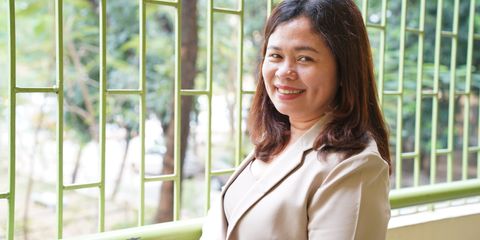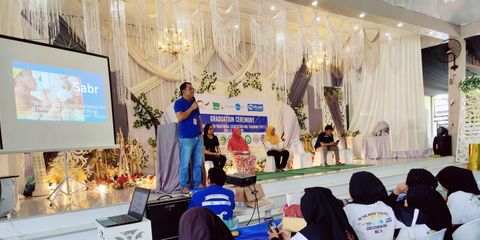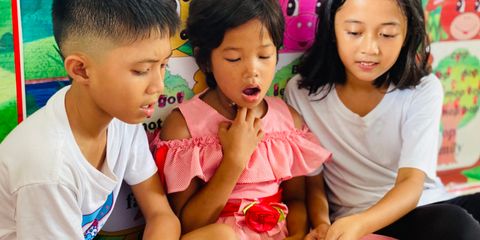Analyn: Pursuing education, overcoming prejudice
The opportunities each person gets in a lifetime are never the same for all. In the face of financial constraints, prejudice and constrictive gender norms, 25-year-old Analyn pursues her dream of finishing school and creating a better life for her family.
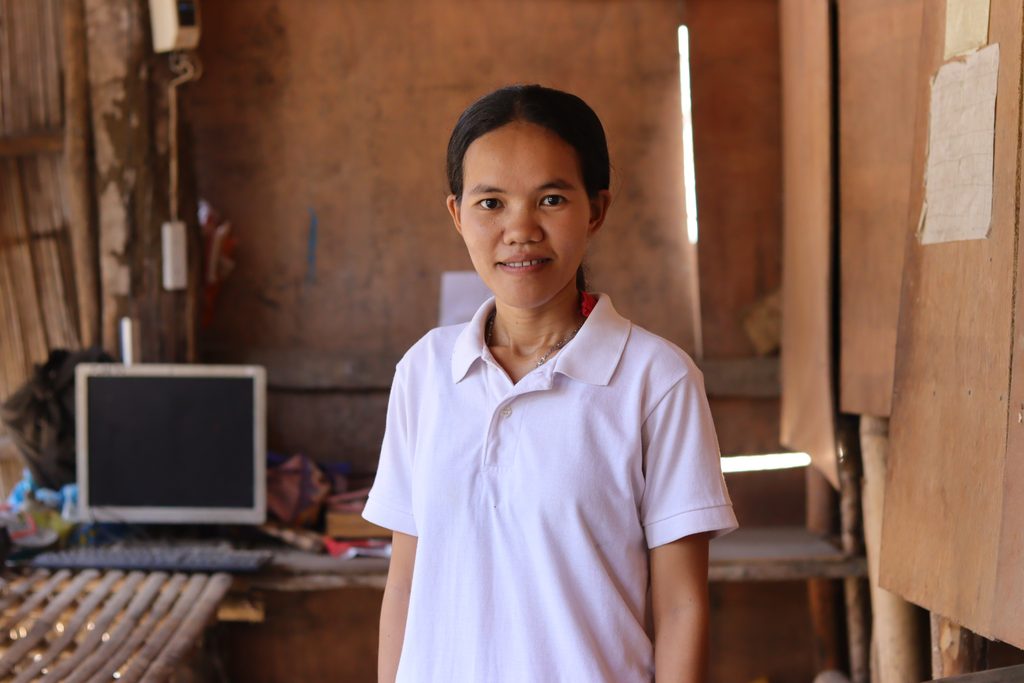
Prejudice against indigenous peoples
Analyn grew up in Sablayan, Occidental Mindoro with five older siblings. Being part of the indigenous group Mangyan, a member of Mindoro Island’s Alangan tribe, she knew of the biases the people had against their group. Some, she said, would mock the way they speak Tagalog (language spoken mostly in Luzon and neighboring islands) while some would express prejudiced views.
“The Tagalog people would think we’re unintelligent and poor. They would belittle us saying, ‘You’re just Mangyan, you won’t get far in this life,’” shared Analyn.
In the Alangan tribe where men typically take on the heavy labor, women were assigned to find food for the family. This is something that Analyn herself experienced as a little girl whenever she accompanied her aunt around the community.
Not much else was expected of the women from the tribe and most end up marrying early, taking care of household chores and looking after the children. Additionally, it was often boys who were sent to school, as parents feared for the safety of girls if they were to leave home and travel far.
Pursuing education
Analyn, however, was determined to get her education despite financial constraints. She had already lost both her parents a few years back, leaving only her older sister to look after the family and support Analyn.
“It’s important for me to get my education no matter what, so people would see that even if I had lost my parents, I would still be able to finish schooling. I’m working hard so I can turn my life around,” she said.
By earning a degree and graduating college, Analyn also hopes to help out her siblings and improve their family’s situation. She dreams of providing for the family, able to pay them back for the sacrifices they made and enjoy buying anything they want.
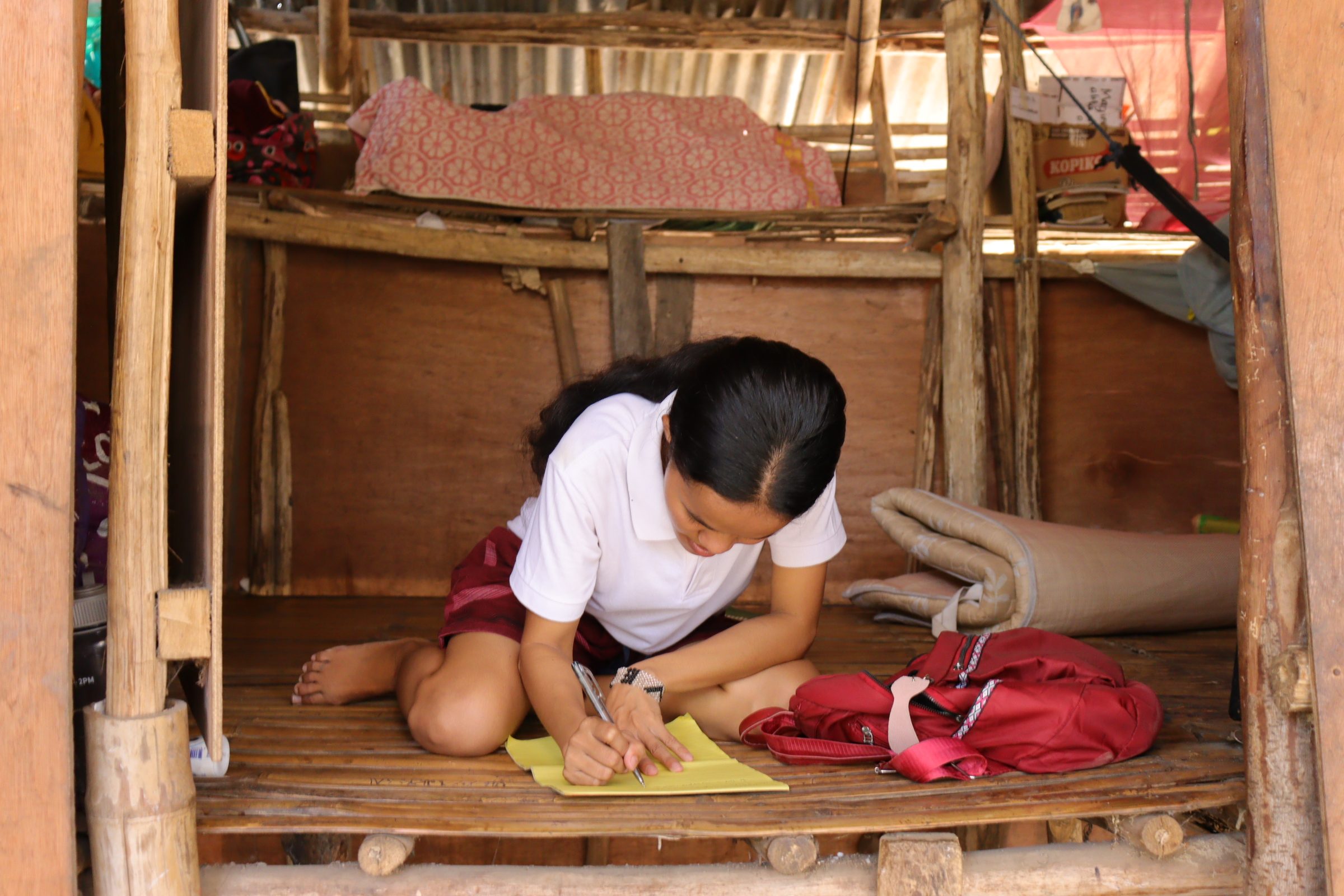
An empowered mindset
Beyond books and courses, Analyn also learned that women can do and achieve more than what they are told. She realised this after attending seminars on gender equality and inclusion and participating in Plan International campaigns such as Girls Take Over.
“I initially thought that women had certain limitations, especially us, indigenous peoples, since our lives revolved around [tending to] the land and, once married, the household. Basically, housework,” she shared. “But after participating in seminars, I became aware that women and men have the same capabilities.”
With an empowered mindset, Analyn continues to live with determination to achieve her many dreams, for her family and for her fellow indigenous young people.
“I would tell others that no course in college is easy. Everything is difficult but it is up to you if you have the determination to finish [school], achieve your dream and create a better life for your family,” she said.
Now only a few semesters away from graduation, Analyn knows that she will continue to face challenges in life. But instead of underestimating her capabilities, Analyn says she will face them head on—for herself, her family, and her community.
—
Analyn is among the residents of Sablayan in Occidental Mindoro engaged in Plan International Pilipinas’ initiatives since 2008. Among the programs implemented tackle gender equality and inclusion, which promote empowerment and changing norms that hold girls back. Other programs include disaster risk reduction and management, which equip communities in disaster preparedness and resilience.
Categories: Education
